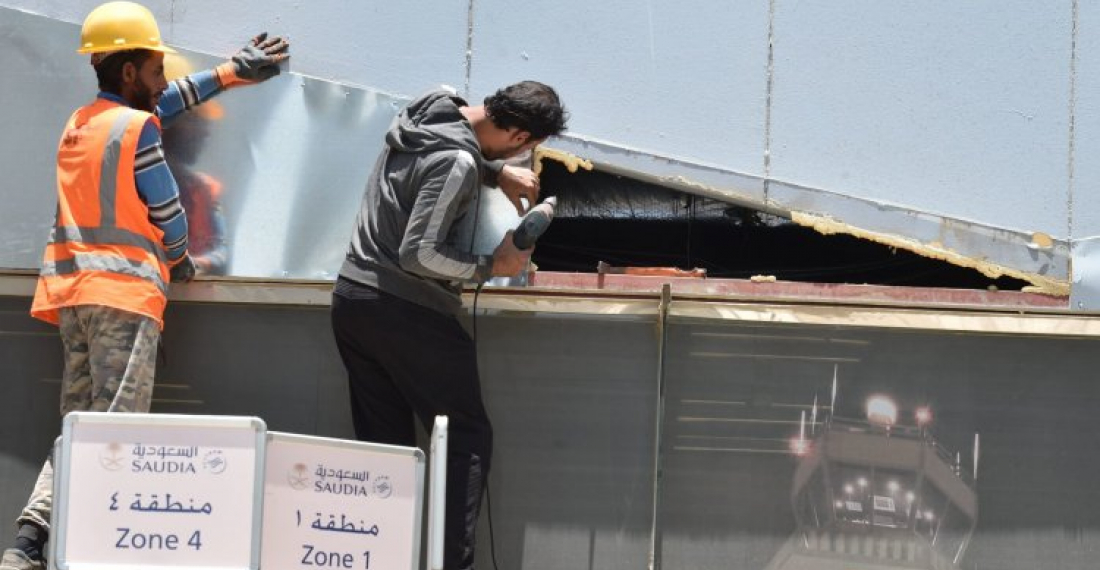As part of the various reforms currently being implemented in Saudi Arabia, the sponsorship system for foreign labour, also known as the "Kafala" system, has been scrapped as of Sunday 14 March. The change was introduced as part of the Labour Reform Initiative (LRI) announced last November.
The initiative, developed by the Saudi Ministry of Human Resources and Social Development aims to improve the contractual relationship, allowing greater flexibility for foreign employees in their relationship with the employer.
The new system will allow foreign employees to exit, return, final exit, and move from one job to another without the need for the employer's approval provided that they have worked for 12 months. The worker can also submit an electronic notification to the employer, requesting the transfer of service 90 days before the transfer or when he wants to terminate the contractual relationship.
By the end of 2020, the number of workers in the Saudi private sector reached about 8.02 million individuals. Of these 6.27 million were foreigners (78.2 percent), and 1.75 million Saudis (21.8 percent), according to data from the General Insurance Corporation.
According to a previous statement by the Saudi Ministry of Labor, the initiative enhances the competitiveness of the Saudi labour market with global labour markets, raises its classification in international competitiveness indicators, and attracts competencies in the labour market.
While there remain gaps in the system and permission still needs to be granted for termination of the contract, the LRI will bring much relief for millions of workers, many of who have welcomed the reform.






